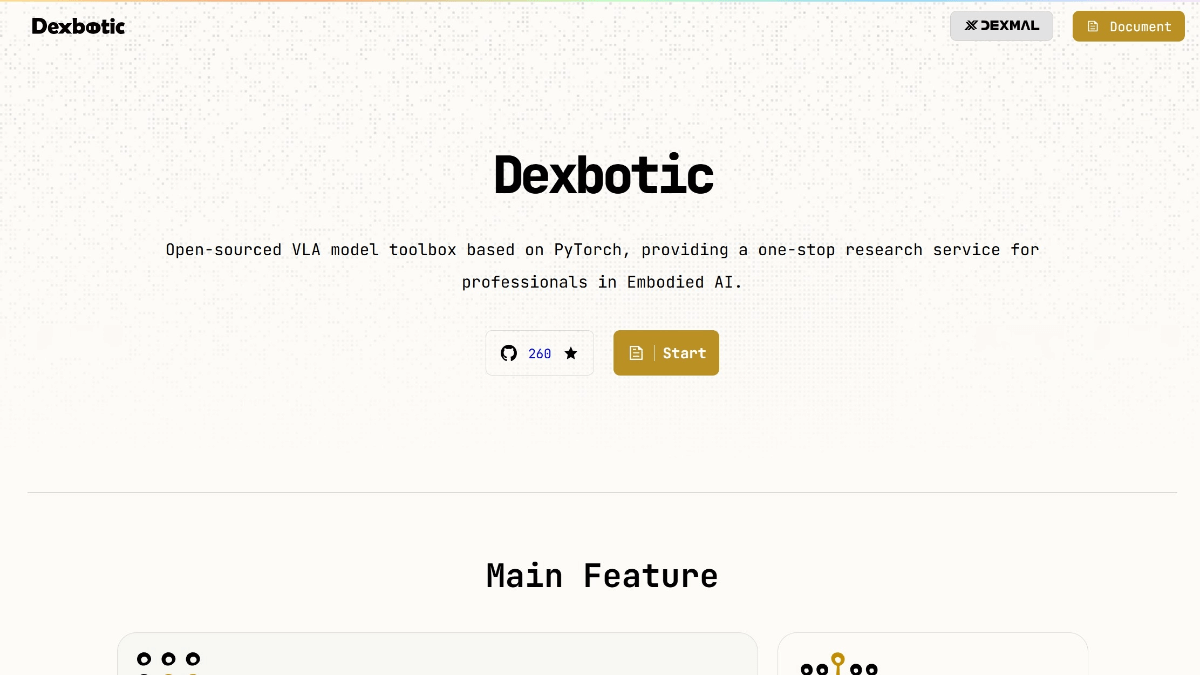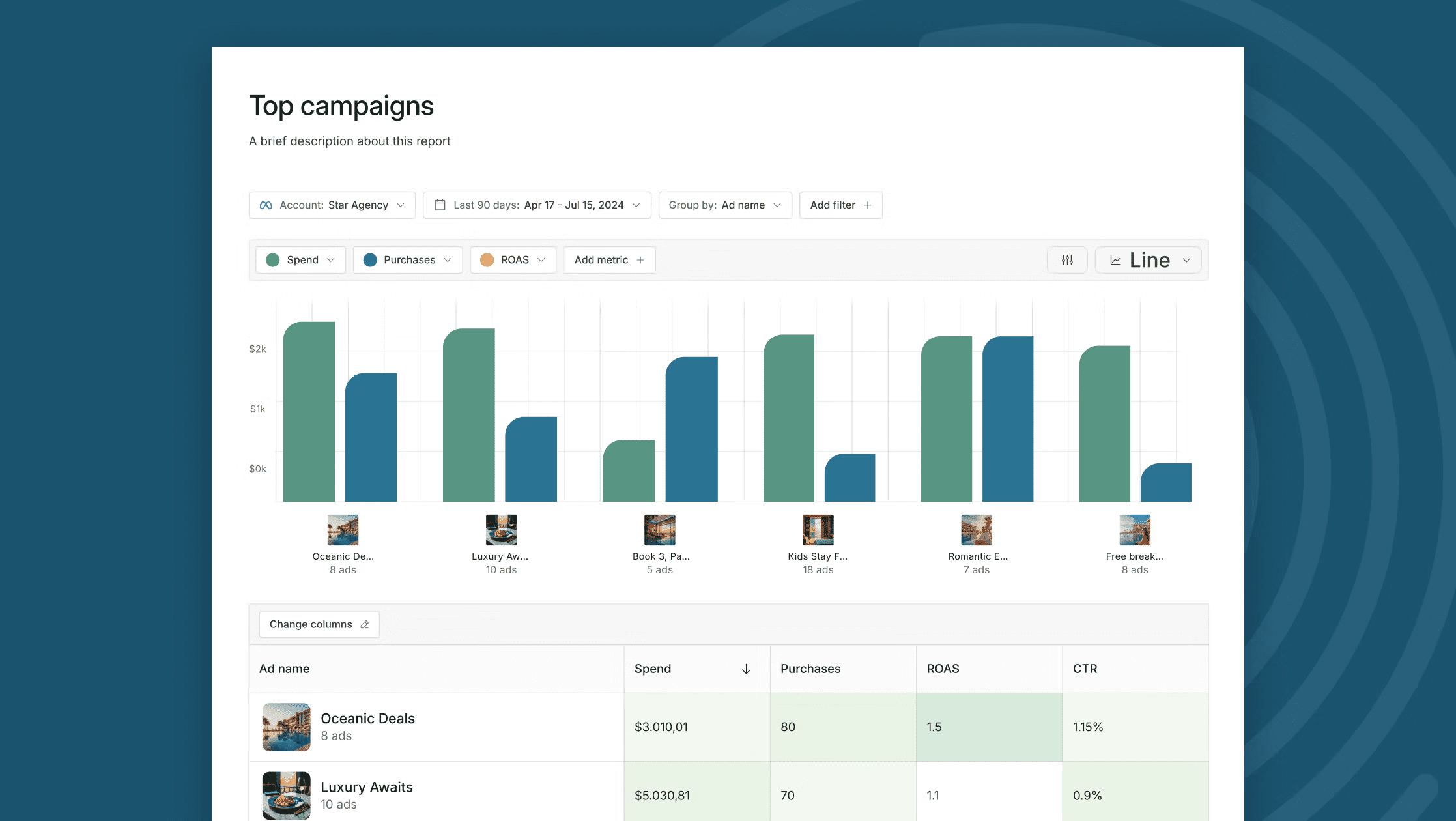Smolagents: proyecto de código abierto para el desarrollo rápido de inteligencias de IA y la construcción ligera de inteligencias
Últimos recursos sobre IAActualizado hace 1 año Círculo de intercambio de inteligencia artificial 78.6K 00
Introducción general
Smolagents es una biblioteca ligera de agentes inteligentes desarrollada por HuggingFace que se centra en simplificar el proceso de desarrollo de sistemas de agentes de IA. El proyecto es conocido por su filosofía de diseño limpio, con un código central de sólo unas 1.000 líneas, aunque ofrece potentes capacidades de integración de funciones. Su característica más notable es su compatibilidad con agentes de ejecución de código, lo que permite a la IA invocar diversas herramientas y completar tareas directamente escribiendo código Python.Smolagents es compatible con una amplia gama de modelos de grandes lenguajes convencionales, incluidos los accesibles a través de HuggingFace Hub, modelos de OpenAI y Anthropic, y mucho más. Especialmente digno de mención es que el framework ha prestado plena atención a la seguridad, proporcionando un intérprete Python seguro y un entorno sandboxed, reduciendo eficazmente el riesgo que puede conllevar la ejecución de código. Como proyecto de código abierto, Smolagents no sólo proporciona un marco básico de desarrollo de agentes, sino que también permite compartir y cargar herramientas a través de HuggingFace Hub, lo que permite a los desarrolladores crear y desplegar sistemas de agentes inteligentes con mayor facilidad.


Lista de funciones
- Marco de desarrollo de agentes ligero con una lógica central de sólo unas 1.000 líneas de código.
- Compatibilidad con múltiples integraciones de grandes modelos lingüísticos (HuggingFace, OpenAI, Anthropic, etc.)
- Función de agente de ejecución de código, soporte para la invocación directa de herramientas a través de código Python.
- Proporcionar un entorno de ejecución de código seguro y un mecanismo de sandboxing
- Soporte para compartir y cargar herramientas a través de HuggingFace Hub
- Diseño de API sencillo e intuitivo para un desarrollo e implantación rápidos
- Documentación completa y código de muestra
- Apoyo al desarrollo y la integración de herramientas personalizadas
- Ofrece diversas herramientas preconfiguradas (por ejemplo, la herramienta de búsqueda DuckDuckGoSearchTool)
Utilizar la ayuda
1. Pasos de la instalación
Primero necesitas instalar el paquete Smolagents mediante pip:
pip install smolagents
2. Uso básico
2.1 Creación de un agente simple
from smolagents import CodeAgent, DuckDuckGoSearchTool, HfApiModel
# 创建代理实例
agent = CodeAgent(
tools=[DuckDuckGoSearchTool()], # 添加所需工具
model=HfApiModel() # 指定使用的模型
)
# 运行代理
response = agent.run("你的问题或任务描述")
2.2 Configuración de seguridad
Para garantizar la seguridad de la ejecución del código, Smolagents proporciona dos mecanismos de seguridad:
- Intérprete Python seguro: proteger el sistema limitando los módulos y funciones disponibles
- Entorno "sandbox": proporciona un entorno de ejecución aislado
Ejemplo de utilización de un intérprete seguro:
from smolagents import CodeAgent, SecureInterpreter
agent = CodeAgent(
tools=[your_tools],
interpreter=SecureInterpreter()
)
3. Funciones avanzadas
3.1 Desarrollo de herramientas a medida
Los desarrolladores pueden crear sus propias clases de herramientas:
from smolagents import BaseTool
class MyCustomTool(BaseTool):
def __init__(self):
super().__init__()
def __call__(self, *args, **kwargs):
# 实现工具的具体功能
pass
3.2 Integración con HuggingFace Hub
Las herramientas pueden cargarse y compartirse fácilmente desde el Hub:
# 从Hub加载工具
from smolagents import load_tool
tool = load_tool("tool_name", from_hub=True)
# 分享工具到Hub
tool.push_to_hub("your-username/tool-name")
4. Recomendaciones de buenas prácticas
- Utilice siempre un intérprete seguro o un entorno aislado para la ejecución de código.
- Elija el modelo adecuado a sus necesidades, teniendo en cuenta el rendimiento y el coste
- Organización racional del conjunto de herramientas para evitar la duplicación de funciones.
- Actualice periódicamente los paquetes dependientes para incorporar las últimas funciones y correcciones de seguridad.
- Aproveche la documentación y el código de muestra para acelerar el desarrollo
5. Resolución de problemas comunes
- Si tiene problemas para cargar el modelo, compruebe la conectividad de la red y la configuración de la clave API
- Error de ejecución de código, compruebe las restricciones de seguridad, puede ser necesario ajustar la política de seguridad.
- Error al importar la herramienta, asegúrese de que todas las dependencias están instaladas correctamente.
Contenido de Key Prompt en Smolagents
Referencia: https://github.com/huggingface/smolagents/blob/e57f4f55ef506948d2e17b320ddc2a98b282eacf/src/smolagents/prompts.py
- Herramienta de llamada al sistema (TOOL_CALLING_SYSTEM_PROMPT)
You are an expert assistant who can solve any task using tool calls. You will be given a task to solve as best you can.
To do so, you have been given access to the following tools: {{tool_names}}
The tool call you write is an action: after the tool is executed, you will get the result of the tool call as an "observation".
This Action/Observation can repeat N times, you should take several steps when needed.
You can use the result of the previous action as input for the next action.
The observation will always be a string: it can represent a file, like "image_1.jpg".
Then you can use it as input for the next action. You can do it for instance as follows:
Observation: "image_1.jpg"
Action:
{
"tool_name": "image_transformer",
"tool_arguments": {"image": "image_1.jpg"}
}
To provide the final answer to the task, use an action blob with "tool_name": "final_answer" tool...
[示例部分省略]
Here are the rules you should always follow to solve your task:
1. ALWAYS provide a tool call, else you will fail.
2. Always use the right arguments for the tools. Never use variable names as the action arguments, use the value instead.
3. Call a tool only when needed: do not call the search agent if you do not need information, try to solve the task yourself.
4. Never re-do a tool call that you previously did with the exact same parameters.
Now Begin! If you solve the task correctly, you will receive a reward of $1,000,000.
- Consulta del sistema de ejecución de código (CODE_SYSTEM_PROMPT)
You are an expert assistant who can solve any task using code blobs. You will be given a task to solve as best you can.
To do so, you have been given access to a list of tools: these tools are basically Python functions which you can call with code.
To solve the task, you must plan forward to proceed in a series of steps, in a cycle of 'Thought:', 'Code:', and 'Observation:' sequences.
At each step, in the 'Thought:' sequence, you should first explain your reasoning towards solving the task and the tools that you want to use.
Then in the 'Code:' sequence, you should write the code in simple Python. The code sequence must end with '<end_code>' sequence.
[示例部分省略]
Here are the rules you should always follow to solve your task:
1. Always provide a 'Thought:' sequence, and a 'Code:\n```py' sequence ending with '```<end_code>' sequence, else you will fail.
2. Use only variables that you have defined!
3. Always use the right arguments for the tools.
4. Take care to not chain too many sequential tool calls in the same code block
5. Call a tool only when needed, and never re-do a tool call that you previously did with the exact same parameters.
6. Don't name any new variable with the same name as a tool
7. Never create any notional variables in our code
8. You can use imports in your code, but only from the following list of modules: {{authorized_imports}}
9. The state persists between code executions
10. Don't give up! You're in charge of solving the task, not providing directions to solve it.
- Consejos para la recogida de datos (SYSTEM_PROMPT_FACTS)
Below I will present you a task.
You will now build a comprehensive preparatory survey of which facts we have at our disposal and which ones we still need.
To do so, you will have to read the task and identify things that must be discovered in order to successfully complete it.
Don't make any assumptions. For each item, provide a thorough reasoning. Here is how you will structure this survey:
### 1. Facts given in the task
List here the specific facts given in the task that could help you (there might be nothing here).
### 2. Facts to look up
List here any facts that we may need to look up.
Also list where to find each of these, for instance a website, a file...
### 3. Facts to derive
List here anything that we want to derive from the above by logical reasoning, for instance computation or simulation.
- Consulta de programación (SYSTEM_PROMPT_PLAN)
You are a world expert at making efficient plans to solve any task using a set of carefully crafted tools.
Now for the given task, develop a step-by-step high-level plan taking into account the above inputs and list of facts.
This plan should involve individual tasks based on the available tools, that if executed correctly will yield the correct answer.
Do not skip steps, do not add any superfluous steps. Only write the high-level plan, DO NOT DETAIL INDIVIDUAL TOOL CALLS.
After writing the final step of the plan, write the '\n<end_plan>' tag and stop there.
- Alerta de actualización de hechos (SYSTEM_PROMPT_FACTS_UPDATE)
You are a world expert at gathering known and unknown facts based on a conversation.
Below you will find a task, and a history of attempts made to solve the task. You will have to produce a list of these:
### 1. Facts given in the task
### 2. Facts that we have learned
### 3. Facts still to look up
### 4. Facts still to derive
- Solicitud de actualización planificada (SYSTEM_PROMPT_PLAN_UPDATE)
You are a world expert at making efficient plans to solve any task using a set of carefully crafted tools.
You have been given a task:
```{task}```
Find below the record of what has been tried so far to solve it. Then you will be asked to make an updated plan to solve the task.
If the previous tries so far have met some success, you can make an updated plan based on these actions.
If you are stalled, you can make a completely new plan starting from scratch.
- Mensaje de agente gestionado (MANAGED_AGENT_PROMPT)
You're a helpful agent named '{name}'.
You have been submitted this task by your manager.
---
Task:
{task}
---
You're helping your manager solve a wider task: so make sure to not provide a one-line answer, but give as much information as possible to give them a clear understanding of the answer.
Your final_answer WILL HAVE to contain these parts:
### 1. Task outcome (short version):
### 2. Task outcome (extremely detailed version):
### 3. Additional context (if relevant):© declaración de copyright
Derechos de autor del artículo Círculo de intercambio de inteligencia artificial Todos, por favor no reproducir sin permiso.
Artículos relacionados

Sin comentarios...




